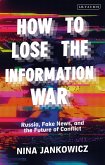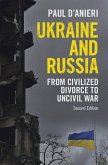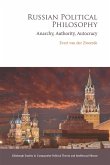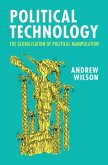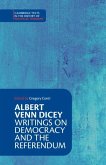The Russian invasion of Ukraine in 2022 has its roots in the events of 2013-2014. Russia cynically termed the seditionist conflict in Crimea and Eastern Donbas a 'civil war' in order to claim non-involvement. This flies in the face of evidence, but the authors argue that the social science literature on civil wars can be used help understand why no political solution was found between 2015 and 2022. The book explains how Russia, after seizing Crimea, was reacting to events it could not control and sent troops only to areas of Ukraine where it knew it would face little resistance (Eastern Donbas). Kremlin decisionmakers misunderstood the attachment of the Russian-speaking population to the Ukrainian state and also failed to anticipate that their intervention would transform Ukraine into a more cohesively 'Ukrainian' polity. Drawing on Ukrainian documentary sources, this concise book explains these important developments to a non-specialist readership.
Dieser Download kann aus rechtlichen Gründen nur mit Rechnungsadresse in A, B, BG, CY, CZ, D, DK, EW, E, FIN, F, GR, HR, H, IRL, I, LT, L, LR, M, NL, PL, P, R, S, SLO, SK ausgeliefert werden.





